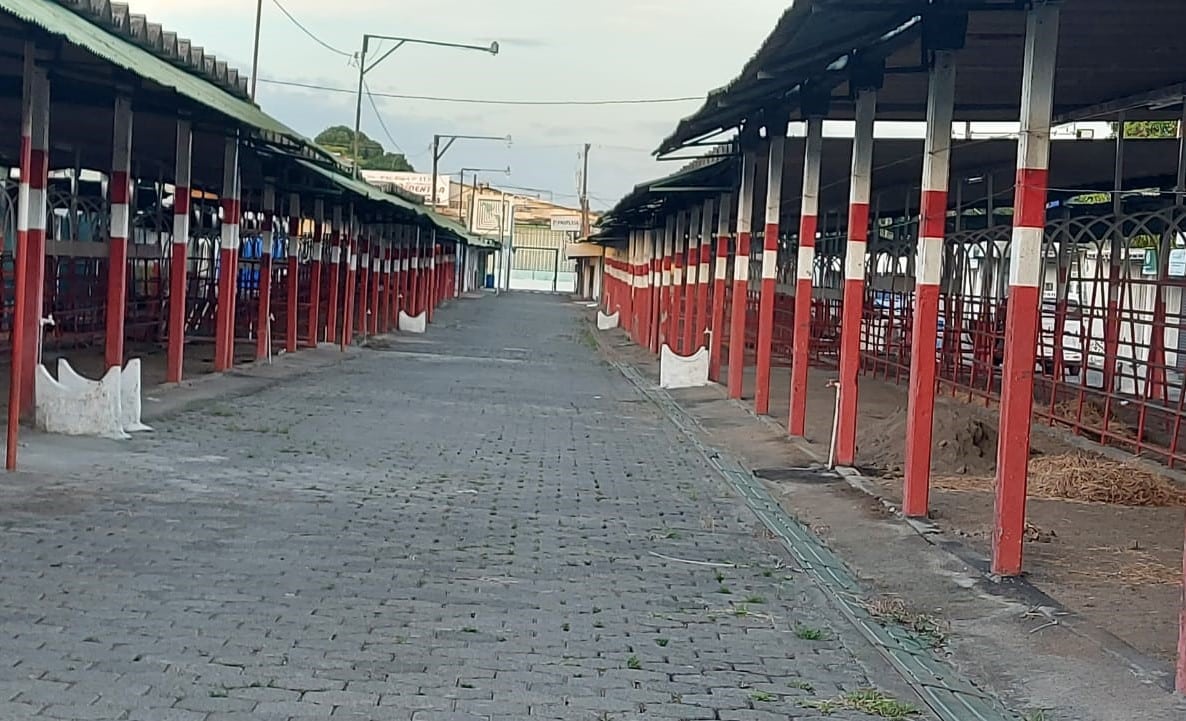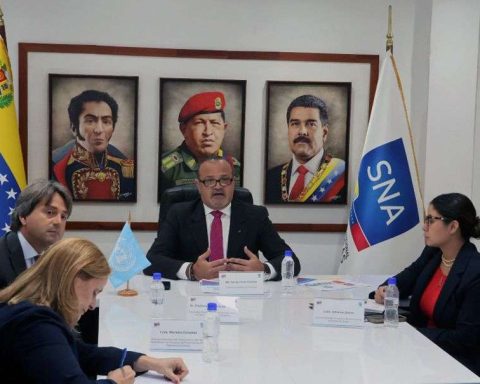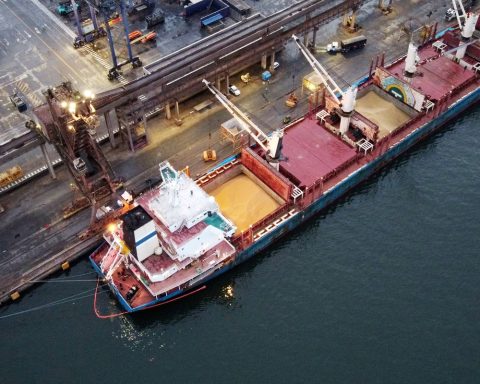Last Thursday, the driver of a truck specially equipped to transport animals of high genetic value, saw in the rearview mirror how they waved at him from a vehicle that was following him, telling him to stop. At that time he was passing through Rivas, after having done the paperwork at the Costa Rican and Nicaraguan customs, to take 38 cattle to Managua, where they would be exhibited at the Expica Fair.
The person waving to him was an official from the General Directorate of Customs Services (DGA), who kindly informed him that the temporary import permits issued under the Fair had been cancelled, so he would board the truck to ensure that it was returned. to the border. The driver called the headquarters of his company in Costa Rica to ask for instructions. The answer was simple: “Do what they are telling you.”
Last Monday, when the National Assembly was taken over by the ruling party, canceled the legal status of ten more organizationsincluding the Livestock Exhibition of the Central American Isthmus (Expica), affected many entrepreneurs from Nicaragua, Central America, and other nations of the continent, from areas as diverse as livestock, veterinary medicine, commerce, banking, gastronomy, and hospitality.
The fair was scheduled from July 21 to 30 and “a little more than 600 specimens were already registered, coming from all the countries of Central America, and several were already in transit to Nicaragua. In fact, the first ones were already on Nicaraguan soil, from where they were returned to Costa Rica,” confirmed a source from the livestock sector, who preferred to omit his name.
Transporting a livestock is a high-cost activity. Whether it is taken to the slaughterhouse (this type of industry tries to be close to the livestock areas, because the animals lose weight during transport), or it is transferred to a fair where a judge will determine the quality of the animal, which in turn will determine your price as a future breeder.
“These 600 specimens have an average value of 5,000 dollars each, so we are talking about a combined value of around three million dollars, to which we must add about 600,000 dollars invested in caring for the cattle”, which in this In this case, it involved hundreds of national and regional stallions and cows, added the source.
“The Expica Fair is one of the most important in Central America. It is not just about taking the specimens to show them off, but also for their judging, selection and sale, and all of this requires a lot of preparation. If you were to sell cars, you would have them painted, clean, without dents… it is similar to an animal”, explained a foreign trade union leader associated with Expica.
A rancher from Matagalpa who also asked to keep his identity confidential, explained that when a producer decides to take his animals to a fair, he prepares about six months in advance, providing them with food and special care, so that his animals arrive with best quality, shiny hair, good weight and good overall appearance, if you want to sell them well.
indolent government
The list of sectors —and nationalities— that lost out by canceling Expica’s personality is so long, and those who ‘won’ with that closure are so unidentifiable, that the Matagalpa rancher believed that those who made that decision “are indolent, or are clumsy”.
“This represents a great impact for the Nicaraguan economy, and for the development of livestock. Expica was a regional benchmark, where businessmen from Central America, in addition to other countries such as Brazil and Colombia, came to participate in events on genetics, technology, livestock procedures, animal health, mineralization, with the aggravating circumstance that the Fair was about to open its doors, so it also dealt a great blow to commerce, and made everything that had been done fall like a house of cards,” he explained.
“Take away from the country a platform like thiswhich has given so many benefits to livestock, (which is one of the pillars of the Nicaraguan economy), is unheard of,” he asserted.
Although he does not rule out that “it was true that they were behind in the delivery of their stationery”, he considers that “even if there was carelessness, and they presented delays with the documentation, a way out could have been sought to preserve such an important platform, which gives presence, Nicaragua’s prestige and participation in regional livestock farming”.
The source from the livestock sector said that at the time of “decapitating” Expica, there were already more than 200 commercial companies registered and ready to exhibit their products, and that for the first time all the vehicle companies in the country would participate.
“All the companies were already installed in the park with their advertising, so a lost investment of about 250,000 dollars is calculated”, which they hoped to recover thanks to total sales at the Fair, estimated at about twelve million dollars. Add to that the loss of capital of the Organizing Committee, which is around 150,000 dollars.
“Many works that were in process were not finished”; The judges and technicians who would give talks no longer arrived; the international guests kept the tickets they had bought, the hotel reservations had to be cancelled, as well as the credits pre-approved by the national banking system”, which he calculates at five million dollars.
He commented that “there were many expectations on the part of the commercial sector, livestock, and the public that visits the park”, and all that enthusiasm simply evaporated.
And if hundreds of commercial companies lose an opportunity to do business at the regional level, because “Permanent Expica was the best livestock fair in Central America”, people are left without a “cheerful place to shop cheaper”, Nicaragua as a country loses ” to be the genetic showcase of Central America, because the best genetics of the region were sold here”, said a CONFIDENTIAL a professional who provides services to the livestock sector.















